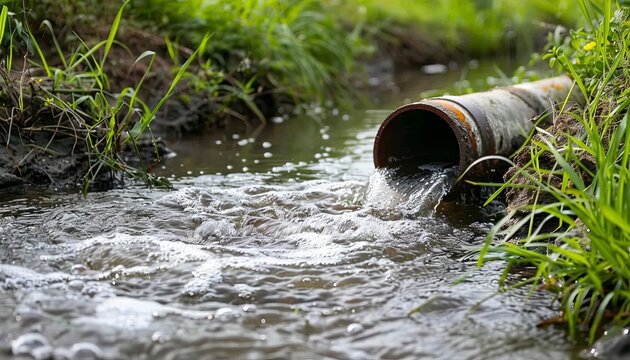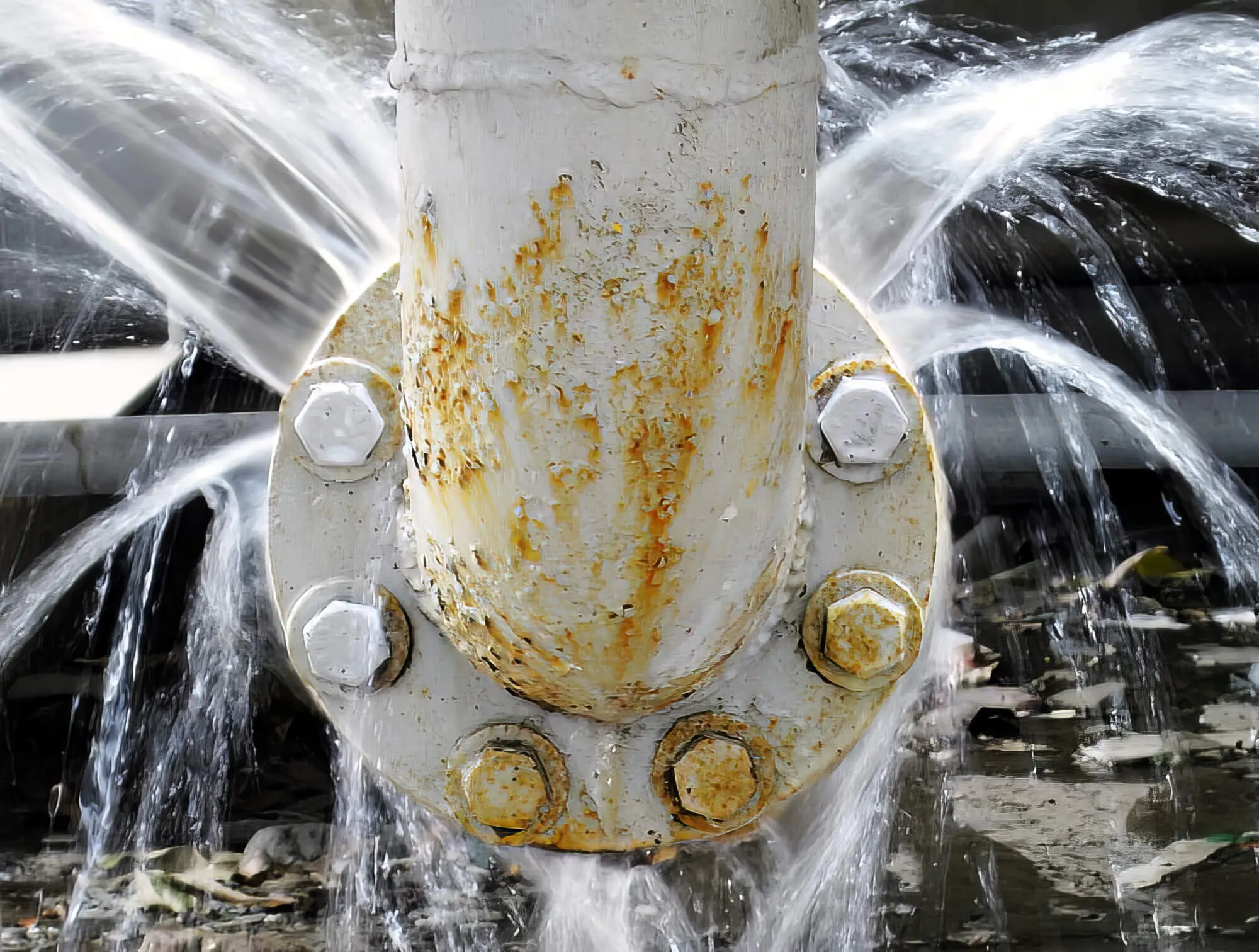Preventing a Burst Pipe: Tips for Protecting Your Plumbing During Winter
Preventing a Burst Pipe: Tips for Protecting Your Plumbing During Winter
Blog Article
Stopping Ruptured Piping: Crucial Tips to Shield Your Plumbing
Avoiding ruptured pipes is a crucial problem for property owners, especially during chillier months when the risk of cold is enhanced. Applying critical measures such as proper insulation, regular assessments, and maintaining constant interior temperatures can dramatically lower the possibility of pipeline failing.
Understand Pipeline Vulnerabilities
Comprehending pipeline susceptabilities is necessary for effective pipes maintenance and stopping expensive damage. Several elements add to the vulnerability of pipelines to bursts, consisting of product composition, age, and environmental conditions. Older pipelines, especially those made from galvanized steel or polybutylene, often break down in time, resulting in enhanced threat of leaks and tears.
Temperature changes can additionally dramatically impact pipe integrity. In cooler climates, water trapped in pipes can ice up, expanding and putting in pressure on the pipeline walls, which might inevitably bring about a ruptured. Additionally, high water stress can stress pipelines, especially at joints and bends, increasing the likelihood of failing.

Insulate Water Lines Effectively
Appropriate insulation of pipelines is important for preventing cold and succeeding bursts throughout cold weather condition (burst pipe). Insulating your pipes system effectively safeguards versus temperature goes down that can bring about pricey damage. Begin by recognizing susceptible areas where pipes are exposed to outside temperature levels, such as basements, attics, and exterior wall surfaces
Use foam pipe insulation sleeves or wrap insulation tape around these locations to supply a protective barrier. Make sure that all sections of the pipelines, specifically those with restricted warm direct exposure, get ample insulation. Pay special attention to installations and joints, as these are a lot more prone to cold.
When shielding, it's necessary to pick products that satisfy local building regulations and are appropriate for the details environment. For example, fiberglass insulation is frequently recommended for its thermal resistance homes - burst pipe. Furthermore, consider making use of warmth cords or tape in severe conditions, which can be plugged in to provide supplementary warmth
Frequently evaluate insulated pipelines for any kind of indications of wear or damages, as endangered insulation can lessen its performance. By taking these aggressive procedures, you substantially reduce the threat of pipe bursts, ensuring a reputable plumbing system throughout the winter season.
Maintain Constant Temperature Level
A steady interior temperature is crucial for preventing burst pipes during the frigid months. When temperature levels decrease, water within pipelines can ice up, developing and expanding stress that may eventually trigger the pipelines to ruptured. To mitigate this danger, home owners ought to maintain a consistent temperature throughout their living space, ideally no less than 55 ° F(13 ° C)Utilizing a programmable thermostat can help handle interior temperature levels efficiently, making certain that rooms with pipes stay cozy even when your home is unoccupied. Pay unique attention to areas that are much more prone to cool, such as attic rooms, cellars, and garages. Keeping cabinet doors open under sinks can additionally permit warmer air from the home to distribute around pipes.
This minor flow of water can stop cold by minimizing stress within the pipes. By carrying out these strategies, house owners can significantly lower the risk of pipe bursts and guard their pipes systems against the rough winter months components.
Routinely Check Pipes
Routine assessments of plumbing systems are essential for preventing burst pipelines and keeping overall home honesty. During these evaluations, it is necessary to take a look at visible pipelines for indicators of corrosion, leakages, or use.
Additionally, examining joints and links is vital, as these factors are frequently vulnerable to leakages. Property owners need to also evaluate water pressure levels, as too much pressure can strain the plumbing system and boost the danger of pipeline ruptureds.
Take into consideration scheduling expert plumbing examinations at the very least when a year, particularly prior to winter months, to ensure your system is prepared for cooler temperatures. By being aggressive in your technique, you can secure your home versus the disruptive and pricey effects of ruptured pipes.
Know Emergency Situation Treatments
Understanding emergency procedures Get More Information is important for every property owner, especially after performing routine pipes evaluations. Being prepared for a pipes emergency situation can dramatically reduce damages and conserve expenses.
Following, keep important devices useful. A pipes emergency set must include a wrench, plunger, and towels, along with a flashlight and a container for small leakages. Additionally, think about having the contact details for a relied on plumbing technician readily offered, should the situation escalate beyond your control.
If you discover a leakage or burst pipe, instantly turn off the water supply and alert your plumbing. Record the damages with photographs for insurance objectives. Know the indications of possible pipes problems, such as unusual water stress fluctuations or damp areas on wall surfaces
Eventually, positive expertise and speedy activity are essential in managing go to these guys plumbing emergencies, guaranteeing your home stays safeguarded and reducing potential damages.

Verdict
Finally, stopping ruptured pipes requires a diverse approach that includes understanding pipe susceptabilities, proper insulation, maintaining regular interior temperature levels, routine inspections, and knowledge of emergency situation procedures. By applying these crucial approaches, the risk of pipes failings can be significantly minimized, thereby guaranteeing the long life and performance of the plumbing system. Aggressive actions not only protect against possible damage but additionally add to overall water conservation and the defense of residential property.
In cooler climates, water trapped in pipes can freeze, exerting and expanding stress on the pipe wall surfaces, which might ultimately lead to a ruptured. When temperatures decline, water within pipelines Continue can freeze, broadening and creating pressure that may ultimately create the pipelines to burst. By implementing these techniques, home owners can substantially lower the threat of pipeline ruptureds and secure their pipes systems versus the extreme wintertime components.

Report this page